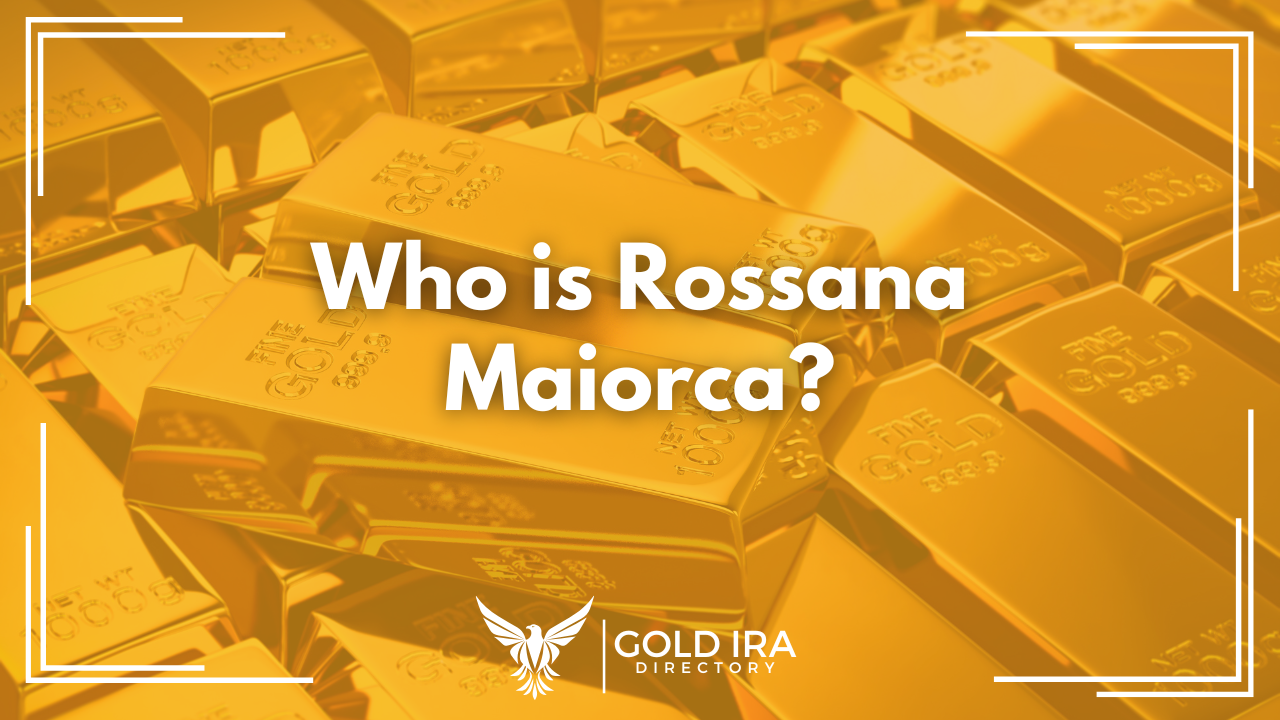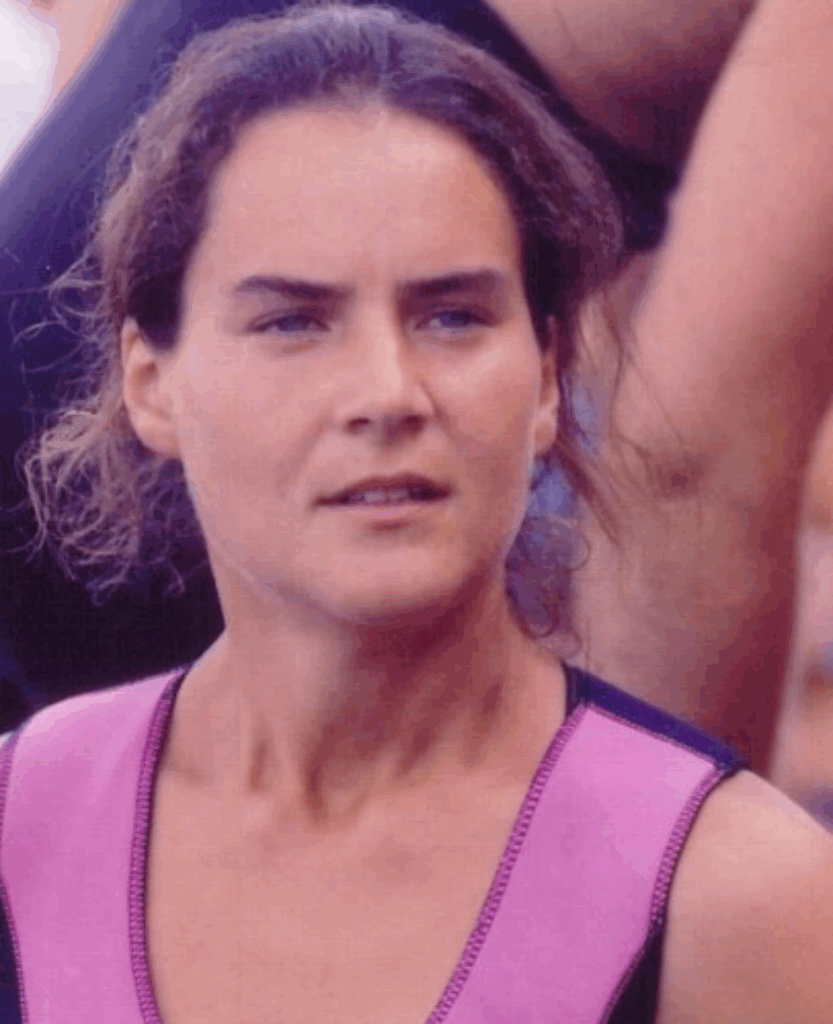
Rossana Maiorca was more than just the daughter of a legendary freediver. She carved her own legacy in the underwater world, earning respect and admiration for her achievements, grace, and determination. Her story is one of family heritage, personal triumph, and a deep connection to the sea.
Early Life and Background
Born in 1960 in Siracusa, Sicily, Rossana Maiorca grew up immersed in the rhythm of the Mediterranean. Her father, Enzo Maiorca, was a world-famous freediver known for pushing human limits under the sea. With the ocean in her backyard and a legend as a father, Rossana’s path seemed destined for depth.

But Rossana wasn’t just following in her father’s footsteps—she was building her own track record. With her older sister Patrizia also taking to the water, freediving became a family pursuit of excellence.
Freediving Career and Achievements
Rossana Maiorca quickly emerged as a serious competitor in freediving. She was known for her focus, technical ability, and calm under pressure—qualities crucial for surviving and thriving in a sport that challenges both body and mind.
In 1989, she made headlines by setting a women’s world record in freediving, reaching a depth of 80 meters (262 feet). At the time, it was a groundbreaking achievement. That record placed her among the elite and helped shine a light on female freedivers in a field traditionally dominated by men.
She was also admired for her commitment to safety, training discipline, and advocacy for respecting the sea. Unlike her father’s high-profile media clashes in the 1960s and 70s, Rossana kept a lower profile, but her performances spoke volumes.
Influence and Legacy
Rossana’s impact went beyond numbers. She was a role model for women in competitive diving and inspired a generation of athletes to respect their limits while striving for greatness.
She also took an active role in marine conservation in her later years. Living by the sea in Siracusa, she raised awareness about ocean pollution and the importance of protecting underwater ecosystems. Her respect for the sea was not just athletic—it was personal, almost spiritual.
Together with the Maiorca family, Rossana helped define a cultural identity around freediving in Italy. Her legacy lives on in documentaries, sport records, and the many divers she inspired.
Net Worth and Lifestyle
Rossana Maiorca was not a celebrity in the modern sense, and reliable public estimates of her net worth are rare. However, coming from the prominent Maiorca family, she likely had access to sponsorships, public speaking, and media appearances related to freediving and environmental causes.
Her lifestyle was modest and centered on the sea. She wasn’t chasing fame or fortune—her values were rooted in discipline, nature, and community.
Death and Tributes
Rossana Maiorca passed away in 2015 after a long illness, at the age of 55. Her death was felt deeply in the freediving and marine conservation communities.
Tributes poured in from around the world. Athletes, ocean lovers, and environmentalists remembered her not only as a world-class freediver but also as a humble, wise presence in the sport. In Siracusa, she remains a beloved local figure.
Pop Culture and Media Mentions
The Maiorca name gained global recognition through The Big Blue, a 1988 cult classic directed by Luc Besson. The film dramatized the intense freediving rivalry between Jacques Mayol and a character based on Enzo Maiorca—though Enzo later requested his real name be removed due to the film’s fictional liberties. While Rossana Maiorca wasn’t portrayed or directly referenced, the movie sparked global curiosity about the real figures behind the mythos of deep-sea diving. That spotlight inevitably brought attention to the entire Maiorca family, including Rossana.
In Italy, Rossana appeared in several sports specials and marine conservation features, especially during the 1990s when female athletic representation in freediving began gaining traction. Her name often surfaces in Italian-language documentaries that explore the evolution of underwater sports and Sicily’s marine heritage. She was occasionally interviewed on local television in Siracusa, particularly during environmental campaigns and freediving events.
Rossana’s reserved nature meant she didn’t chase media fame. Instead, her influence grew through quiet authority and consistent excellence. Though she never embraced the celebrity spotlight like some of her peers, her legacy has been preserved in tribute reels, archival footage, and retrospectives that honor the pioneering spirit of women in freediving.
Conclusion
Rossana Maiorca was a pioneer who quietly but powerfully changed the face of freediving. She stood not only as a champion in the water but also as a steward of the sea and a strong female figure in a male-dominated sport.
Her life, though cut short, left a lasting impression—on her sport, her city, and the waves she once moved through with grace and courage.






